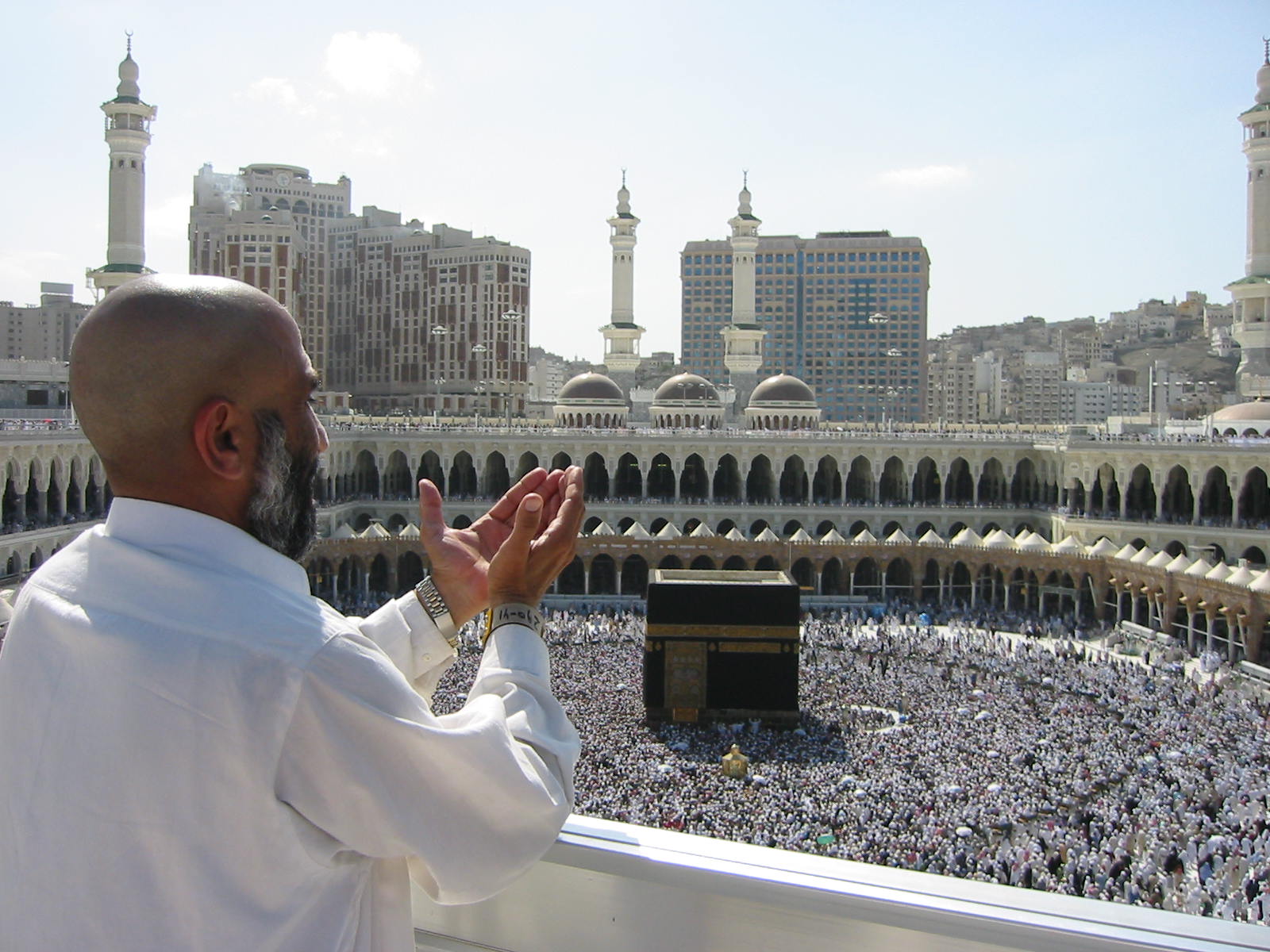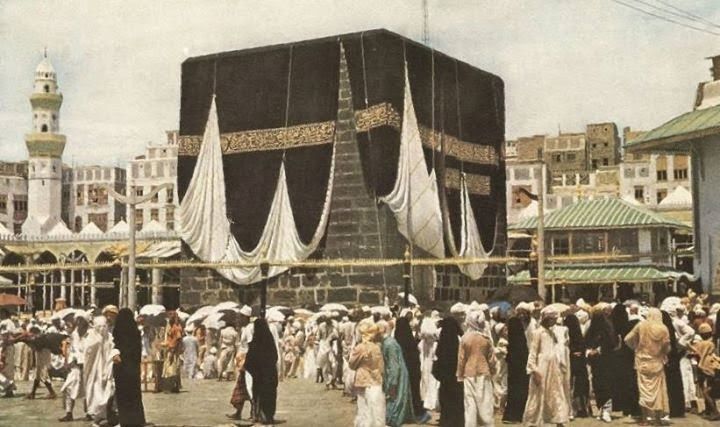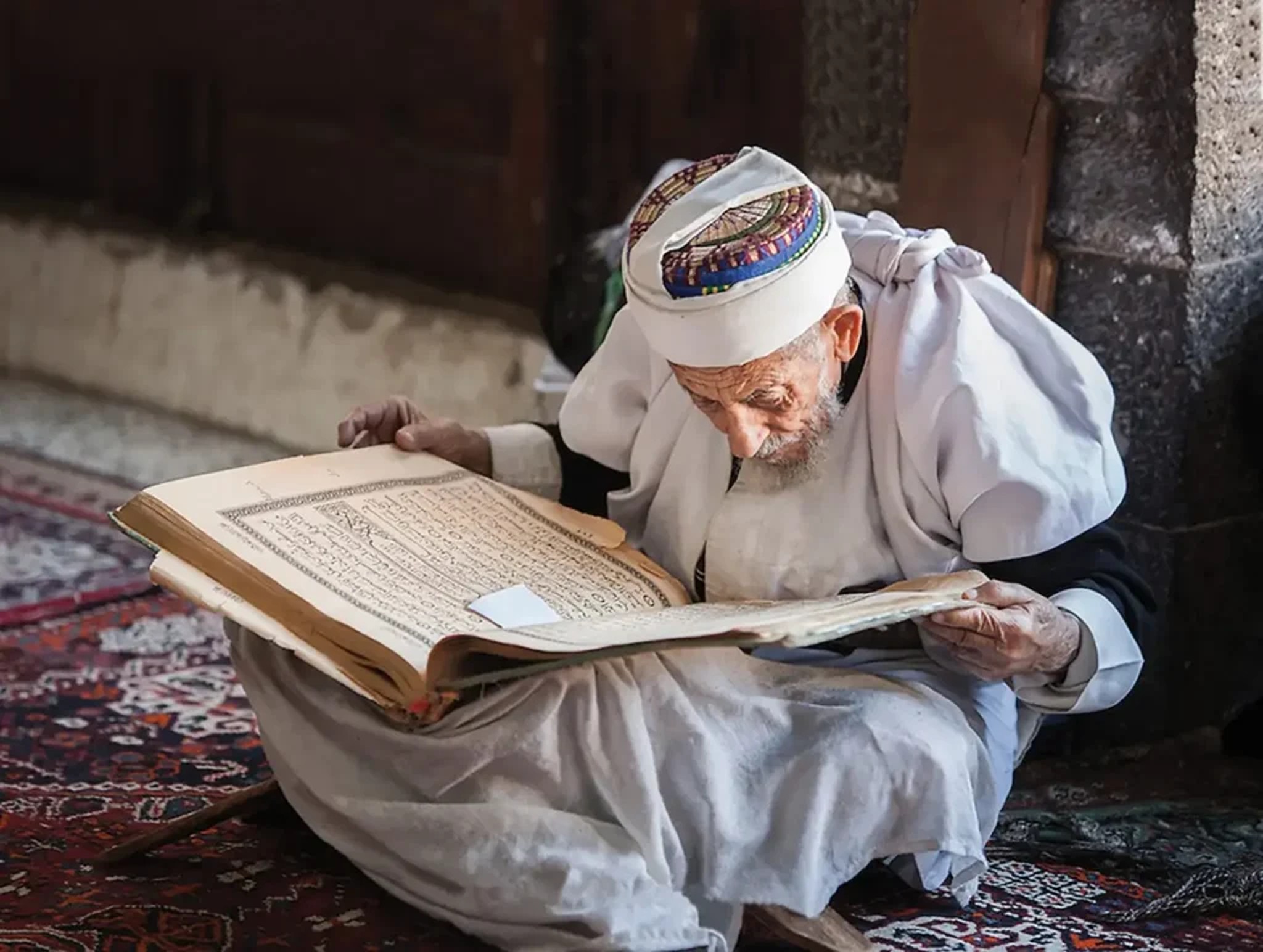
Eid Al-Adha is a holiday with a rich history. It’s a three-day event celebrated by almost two billion Muslims worldwide. But many Muslims and non-Muslims alike aren’t familiar with its back-story.
The story of Eid Al-Adha, also known as the Festival of Sacrifice, marks the Hajj, a sacred pilgrimage to Mecca that every Muslim should perform at least once in their life.
But the holiday also commemorates something equally as important. It celebrates Prophet Ibrahim’s will to sacrifice his only son, Ismael, to oblige with God’s commands.
The Beginning
Ibrahim was returning from Mecca to Canaan and was given an order by God to leave his wife, Hajar, and his son, Ismael behind. “Did God order you to leave us here or are you just leaving us here to die?” Hajar asked her husband.”
Unable to respond to her question and fearing that if he looked at his wife and son, he’d disobey God, Ibrahim gently nodded.
“You can go, Ibrahim. God will not waste us,” said Hajar, reassuring Ibrahim that she and Ismael would be fine.
A Woman’s Strength
Though Ibrahim left plenty of food and water for both to survive, the supplies quickly ran out and within a few days, the mother and son were hungry and dehydrated.
Hajar frantically ran up and down two hills, Al Safa and Al Marwah, seven times, in desperate attempts to find water for herself and her son. Exhausted, Hajar fell beside Ismael and prayed for deliverance. God responded and water gushed out from the land at Ismael’s feet, now known as the Zamzam Well.
With the well in place, Hajar was not only able to secure her and her son’s needs, but she was also able to trade water with passing people for food and supplies.
Constructing the Kaaba

Many years had passed and Ibrahim was instructed by God to return to Mecca. This time however, God ordered Ibrahim to build the foundations of the Kaaba adjacent to the Zamzam Well.
Eager to meet God’s commands, Ibrahim took Hajar and Isamel back to Mecca. Ismael, who was blessed with prophet-hood, joined his father in building the Holy Prayer site.
The Sacrifice
Ibrahim’s life of turbulence did not end here. In his dreams, Ibrahim heard another of God’s commands – a command which would have been proven difficult to those of a weak faith. God commanded Ibrahim to sacrifice his only son, Ismael.
Ibrahim did not fight or question his command and decided to sacrifice Ismael in the will of God. During the preparation however, Satan was trying to trick Ibrahim to forgo this command and let his son live.
Ibrahim wouldn’t have it and started throwing pebbles and stones at the devil showing his rejection and absolute refusal to disobey God.
Before going through with this command, Ibrahim had to get Ismael’s approval. Needing his son’s consent, Ibrahim spoke to his son, told him about God’s commands in his dreams and that he wishes to fulfil these commands.
Ismael, only 13 at the time, did not blink an eye and steadfastly said “Father, do what you have been commanded and you will find me to be very patient.” A response, for a boy merely 13 years of age, showing his absolute and undying faith in Islam and God, was astonishing.
Ibrahim, now granted with his son’s approval, was ready to sacrifice his son for God. However, when Ibrahim attempted to slit his son’s throat, Ismael remained unharmed and instead, a dead sheep was found slaughtered instead.
What It All Means
Through these tests, Ibrahim and Ismael’s faith in God was solidified. Their willingness to carry out God’s wishes regardless of how difficult they may seem showed their strength and their detachment from all that is material and worldly.
Ibrahim and his son lived as two souls who knowingly put their commitment and focus on something bigger than the here and now. Something more divine.
With this story, Muslims around the world are inspired and enthusiastic to celebrate Ibrahim and Ismael’s actions with the ritualistic slaughter of sheep.
Muslims however, are not only recognizing the strength and the commitment of the father and son, but also of the mother Hajar, whose courage and tenacity act as inspiration for all women to keep their faith high and to keep pushing forward in the face of discrimination and defeat.
A version of this article first appeared on Egyptian Streets in 2015.






Comments (0)